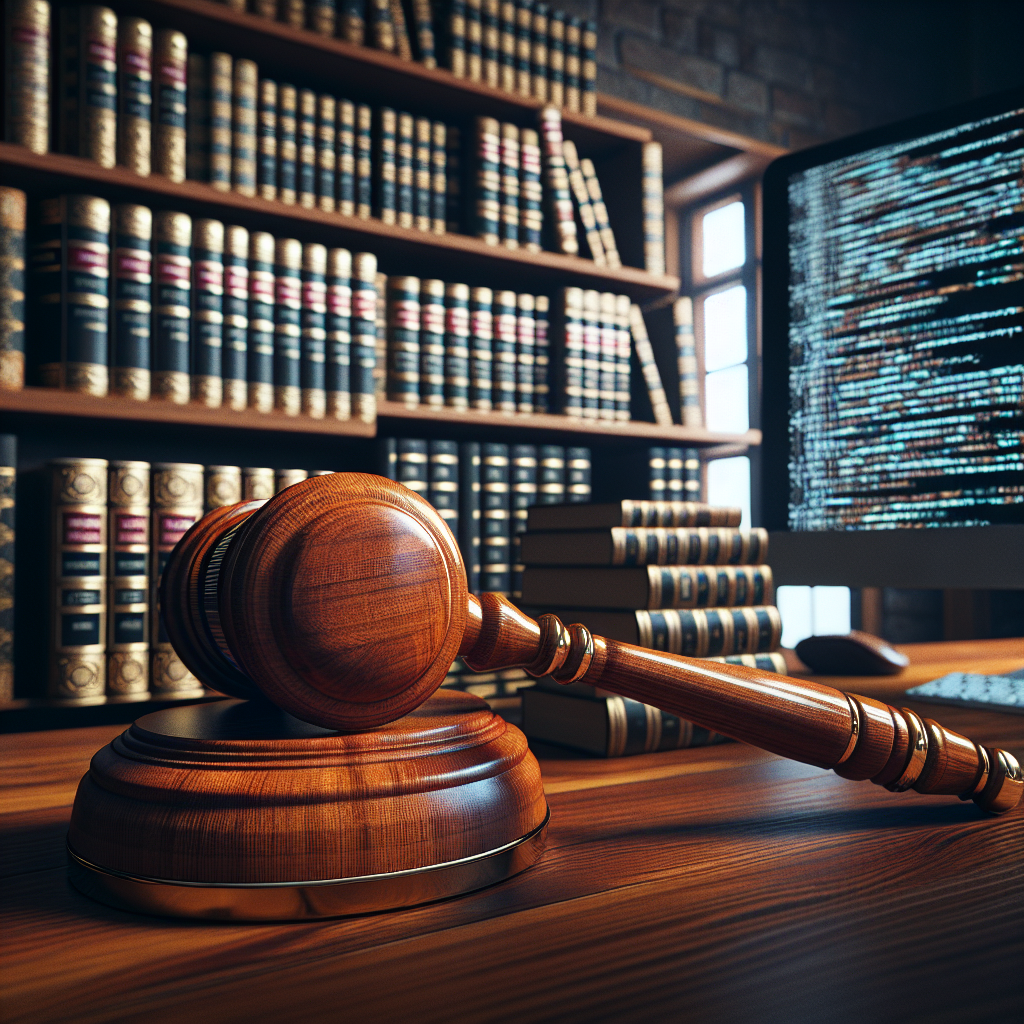Thomson Reuters Wins First Major AI Copyright Case in the US
The legal landscape surrounding artificial intelligence (AI) has been rapidly evolving, with various cases challenging the boundaries of copyright law. Recently, Thomson Reuters achieved a significant milestone by winning the first major AI copyright case in the United States. This landmark decision not only reinforces the company’s position in the market but also sets a precedent for future AI-related copyright cases.
Background of the Case
The case centers around Thomson Reuters’ use of AI technology to generate content and analyze vast amounts of legal data. The company was accused of infringing on copyright laws by utilizing content that belonged to other entities without proper licensing. The plaintiff argued that the AI-generated content was a derivative of their copyrighted material, thereby violating their intellectual property rights.
In a world where AI technology is increasingly becoming a standard tool for many industries, this case has broader implications. As AI systems become more prevalent in content creation, the question of copyright ownership arises — particularly when machines utilize existing works to produce new ones.
The Ruling
After thorough examination and deliberations, the court ruled in favor of Thomson Reuters, declaring that the AI-generated content does not infringe upon existing copyrights. The ruling emphasized that the AI, while it processes and analyzes existing data, does not replicate the original works in a manner that violates copyright laws. Instead, it creates entirely new outputs based on the input it receives.
This decision is monumental for several reasons:
1. Clarification of AI’s Role: It highlights the distinction between using data for analysis and outright copying of copyrighted material.
2. Encouragement for Innovation: By establishing a legal framework that supports AI’s capabilities, companies are encouraged to invest in AI technologies without fear of infringing on copyright laws.
3. Setting a Precedent: This ruling lays the groundwork for future cases involving AI and copyright, potentially providing guidelines for how similar cases may be resolved in the future.
Implications for the Industry
The implications of this ruling stretch far beyond Thomson Reuters. The decision has significant ramifications for various sectors, including publishing, journalism, and technology. Here are a few ways this ruling could impact the industry:
1. Publishing and Media: Publishers who rely on AI for content generation can now feel more secure in their operations. This case sets a positive precedent that could lead to more innovative uses of AI in creating news articles, financial reports, and other forms of media.
2. Tech Companies and Startups: Startups focusing on AI-driven solutions for content curation and generation can proceed with more confidence, knowing that the legal environment is becoming more favorable for AI technologies.
3. Legal Sector: Legal firms using AI for document review or legal research can also benefit from the ruling. The decision reinforces that AI can be a powerful tool in the legal sector without infringing on copyrights, encouraging more firms to adopt AI technologies.
The Future of AI and Copyright Law
As AI continues to evolve, so too will the legal considerations surrounding it. This ruling signals the need for lawmakers to reassess and potentially reform copyright laws to accommodate the growing influence of AI. Here are some considerations for the future:
1. Legislative Adaptation: Legislators may need to create new frameworks that clearly define the rights and responsibilities concerning AI-generated content. This could include specific parameters for data usage, licensing, and content creation.
2. Ethical Considerations: As companies use AI to generate content, ethical questions will arise regarding the transparency of AI processes and the potential for bias in AI algorithms. Addressing these concerns will be crucial in maintaining public trust and ensuring fairness in AI applications.
3. Global Perspective: Other countries may look to the U.S. ruling as a model for their own legal systems. The international implications of AI and copyright law will necessitate a global dialogue on how to approach these issues in a cohesive manner.
Conclusion
The victory for Thomson Reuters in this landmark AI copyright case represents a significant step forward in the legal landscape of artificial intelligence. It affirms the notion that innovation in AI does not have to come at the expense of copyright law. As more companies integrate AI into their workflows, the decision paves the way for a new era of technological advancement intertwined with legal clarity.
As industries adapt to this evolving landscape, it is crucial for stakeholders to stay informed about legal developments and to engage in discussions about the ethical implications of AI. The future of AI and copyright law is still being written, and this ruling serves as a critical chapter in that ongoing narrative. Whether you are a publisher, tech innovator, or legal professional, understanding the implications of this case will be vital as we navigate the complexities of AI in the years to come.



